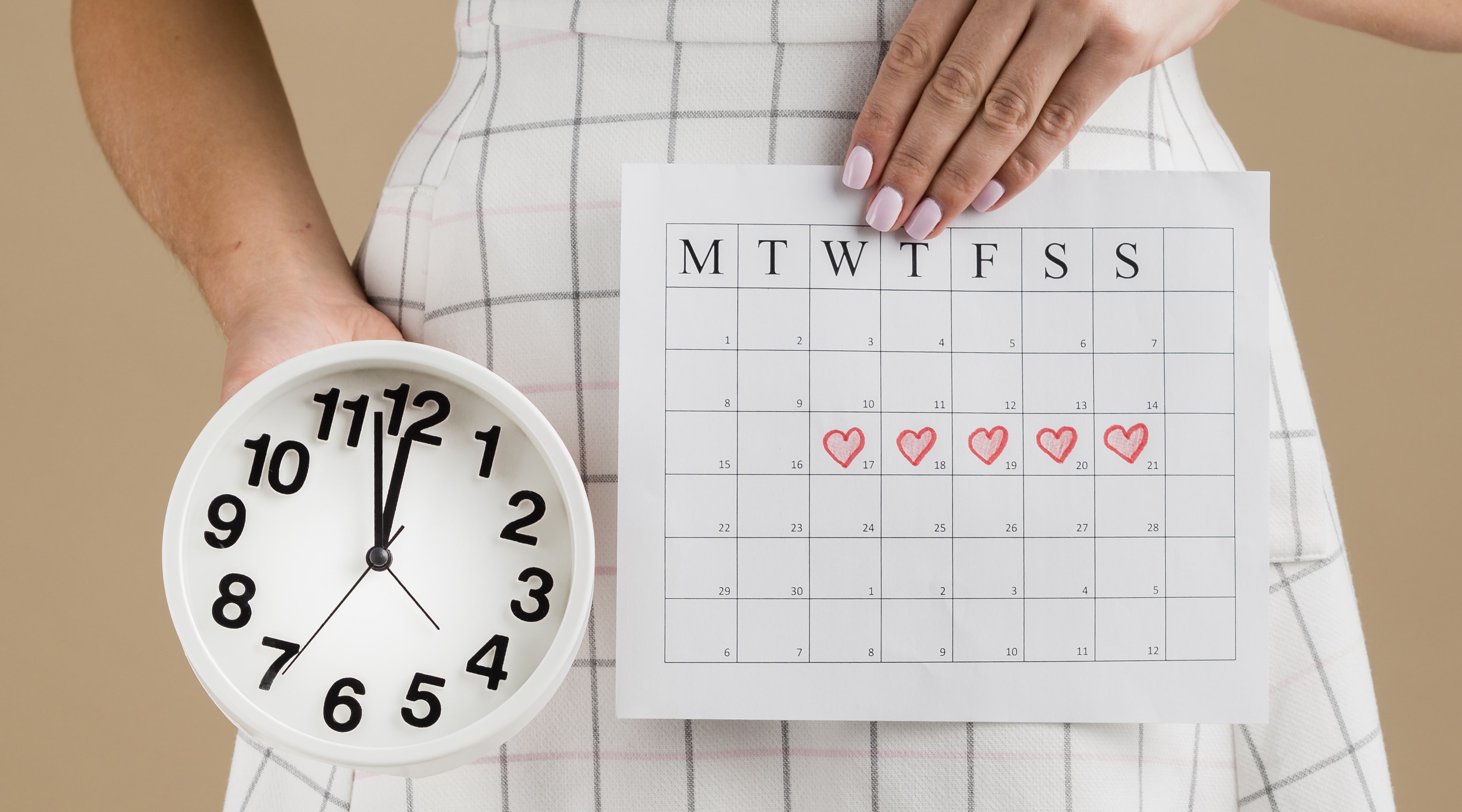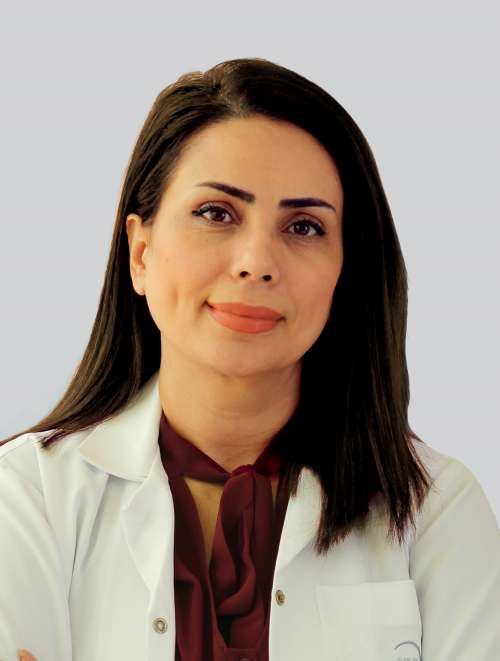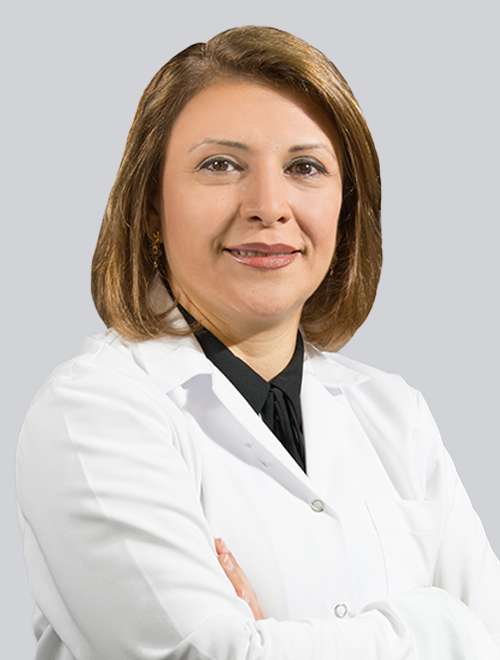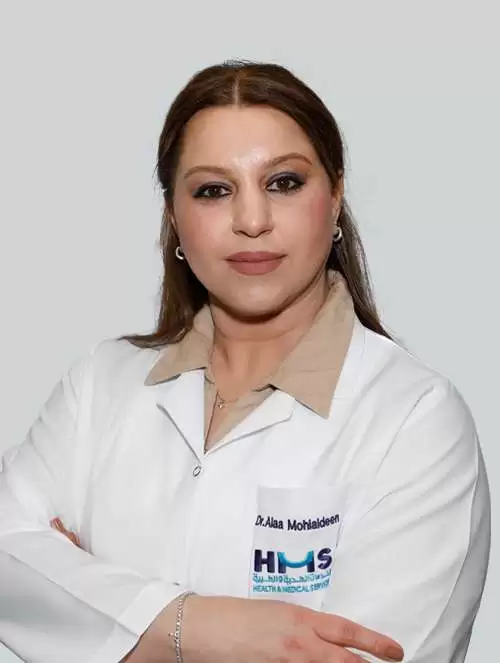Premenstrual Syndrome

Premenstrual syndrome (PMS) is a set of symptoms experienced by many women a week or two before their period. Over 90% of women say they experience premenstrual symptoms like bloating, headaches, and moodiness. Some women's symptoms are severe enough to cause them to miss work or school, while others are unaffected by milder symptoms. Women in their 30s are the most likely to suffer from PMS. 4 Your doctor can assist you in determining how to alleviate your problems.
PMS is a set of physical and mental symptoms that many women experience after ovulation and before their period begins. PMS is thought to occur in the days following ovulation because estrogen and progesterone levels drop rapidly if you are not pregnant. PMS symptoms fade away a few days after a woman's period begins when her hormone levels begin to rise again.
Premenstrual syndrome physical symptoms are:
- Backache
- Headache
- Bloating and a Gassy sensation
- Breasts that are swollen or sore
- Clumsiness
- Cramping
- Diarrhea or constipation
- Noise or light tolerance is reduced.
Premenstrual syndrome can cause emotional or mental symptoms such as:
- Anxiety or tension
- Changes in appetite or food desires
- Depression, melancholy, or weeping fits are all symptoms of depression.
- I'm exhausted from thoughts
- Irritability or hostile behavior are two examples of irritability.
- Problems with memory or attention
- Problems with sleep (sleeping too much or too little)
- Swings in mood
- There is less interest in sex.
Premenstrual Syndrome Treatments
Changing one's lifestyle might help ease PMS symptoms for many women. However, based on the intensity of your symptoms, your doctor may recommend one or more premenstrual syndrome drugs.
The effectiveness of drugs in alleviating symptoms varies from woman to woman. The following are some of the most commonly given drugs for premenstrual syndrome:
- Antidepressants. SSRIs, such as fluoxetine (Prozac), paroxetine (Paxil, Pexeva), sertraline (Zoloft), and others, have been shown to reduce mood symptoms. For severe PMS or PMDD, SSRIs are the primary line of treatment. These drugs are usually taken on a daily basis. However, for some women with PMS, antidepressants may only be used for the two weeks leading up to menstruation.
- Nonsteroidal anti-inflammatory medicines (NSAIDs) are medications that are used to treat inflammation (NSAIDs). NSAIDs like ibuprofen (Advil, Motrin IB, and others) and naproxen sodium (Aleve) can help with cramping and breast soreness if taken before or at the start of your period.
- Diuretics. When exercise and a low-salt diet aren't enough to alleviate the weight gain, edema, and bloating associated with PMS, diuretics (water tablets) can assist your body to eliminate excess fluid through your kidneys. Spironolactone (Aldactone) is a diuretic that may help relieve PMS symptoms.
- Hormonal contraceptives are a type of hormonal contraception. These prescription drugs work by preventing ovulation, which can help with PMS symptoms.
Before taking any medicines you have to consult a proper physician specialized in this field.






